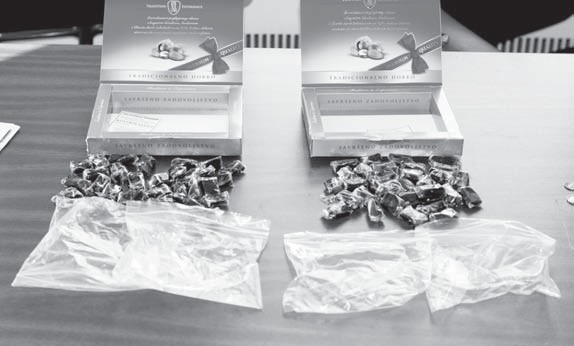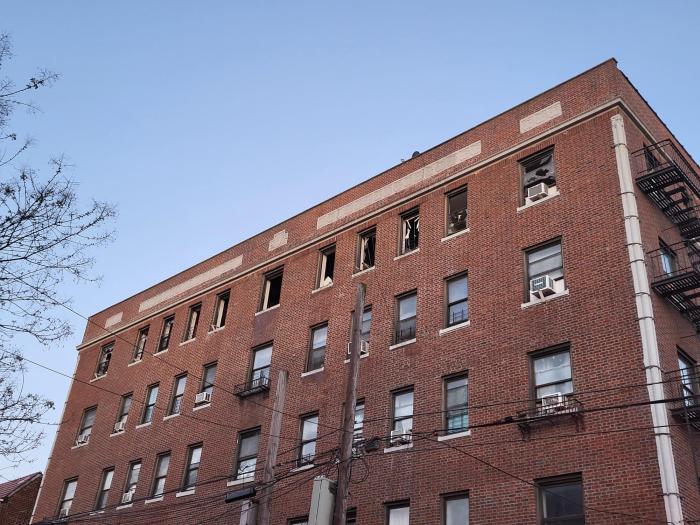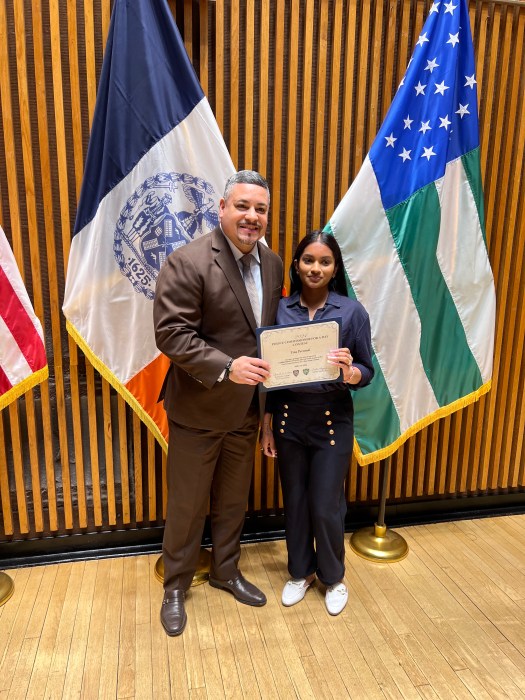Midville Man Indicted In Global Sting
A Middle Village man was among six individuals indicated by the federal government for an international drug smuggling scheme in which quantities of opium were brought into the U.S. concealed inside Persian rugs, law enforcement sources said.

Mahmoud Mowla, 59, of Middle Village faces up to 20 years behind bars for his role in the scheme which brought hundreds of pounds of the narcotic grown in fields near the Iran/Afghanistan border.
Also charged in the case, as announced by the Office of the U.S. Attorney for the Southern District of New York, were Ali Hamedi, 62, of Springfield, Va.; Hossein Aminnia, 62, of Rockville, Md.; Mehrdad Samoukian, 52, of Roslyn Heights, L.I.; Djavad Mohammadi Yaghini, 72, of Maywood, N.J. and Hamid Ketabchi, 60, of Ridgewood, N.J.
Mowla, Yaghini and Ketabchi were arrested in January, while Hamedi, Aminnia and Samoukian were arrested last Thursday morning.

“Opium, like other narcotics, poses a serious threat to the health and safety of our citizens when used illegally,” said Preet Bharara, U.S. attorney for the Southern District of New York. “These arrests underscore this office’s commitment to working with all of our law enforcement partners to stop the illegal importation of opium into the U.S. and to keep it off our streets.”
“Opium is not a bygone relic of the Victorian era,” added Janice K. Fedarcyk, assistant director-in-charge of the FBI. “It remains a dangerous and highly addictive drug and a controlled substance. Today’s arrests are a significant step in an international effort to stem the flow of opium.”
“Drugs smuggled into the country in Persian rugs is unique, but the addiction that results from these illegal drugs is the same regardless of how they get here,” said Police Commiszari, sioner Raymond Kelly.

“These arrests send a message to those who profit off the sale of poison that law enforcement is cooperating and pooling our resources to keep our communities free from illegal drugs and the violence associated,” added Wilbert L. Plummer, acting special agent-in-charge for the DEA.
Federal law enforcement sources said the opium was obtained from nomads living in the border region between Iran and Afghanistan. After purchasing the drugs from the nomads, the buyers hid the drugs inside Persian rugs which were then shipped from the Iranian city of Mashhad- about 110 miles from the Iran/Afghanistan border-to the German city of Hamburg.
After arriving in Germany, the drug-filled rugs were then transported across the Atlantic Ocean to New York. Upon arrival, law enforcement sources said, those involved in the ring removed the opium from the rugs and distributed it in major cities across the country.
Each of the defendants charged in the case could receive a maximum sentence of 20 years in federal prison if convicted.
Bharara thanked the FBI, DEA and NYPD for their cooperation in the case as well as the U.S. Immigration and Customs Enforcement’s Homeland Security Investigations team, the Hamburg, Germany Prosecuting Attorney’s Office, the Hamburg Landeskriminalamt and the German Bundeskriminalant, law enforcement agencies which conducted their own probes in Germany.
The case is being prosecuted in the U.S. by Assistant U.S. Attorney Peter Skinner.



































